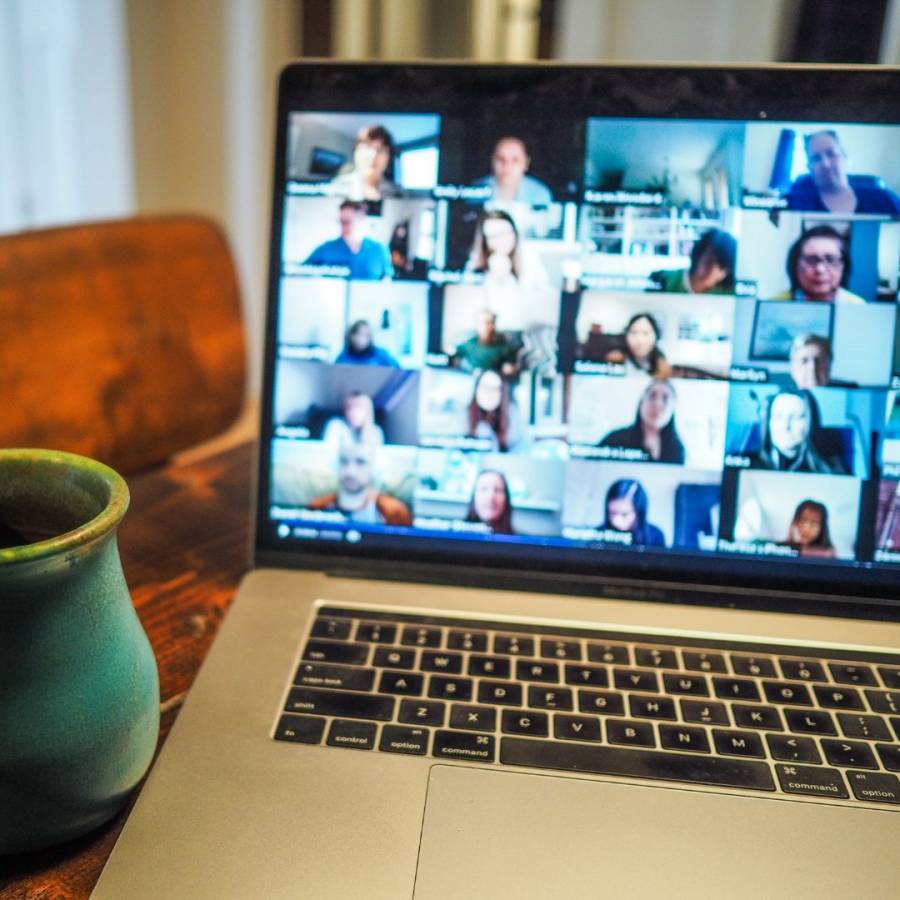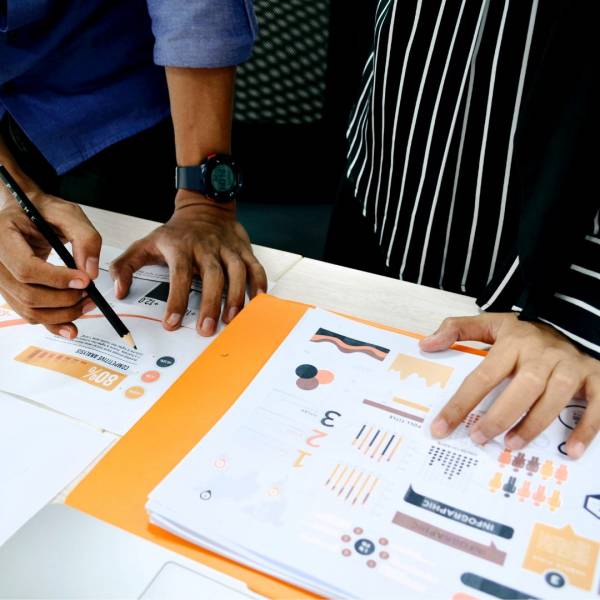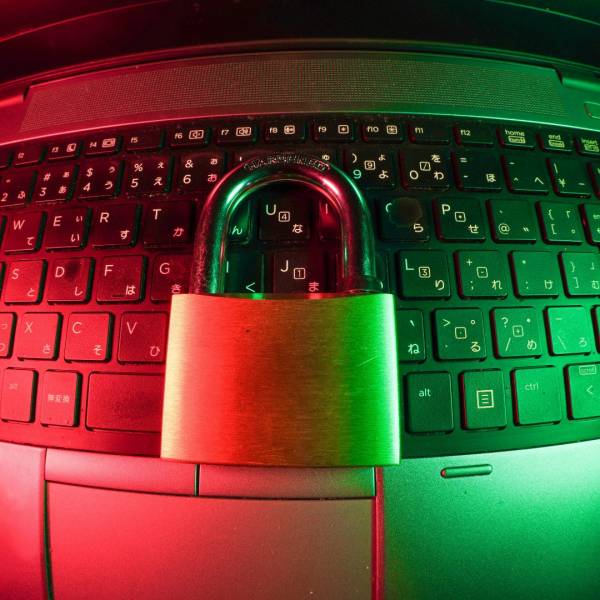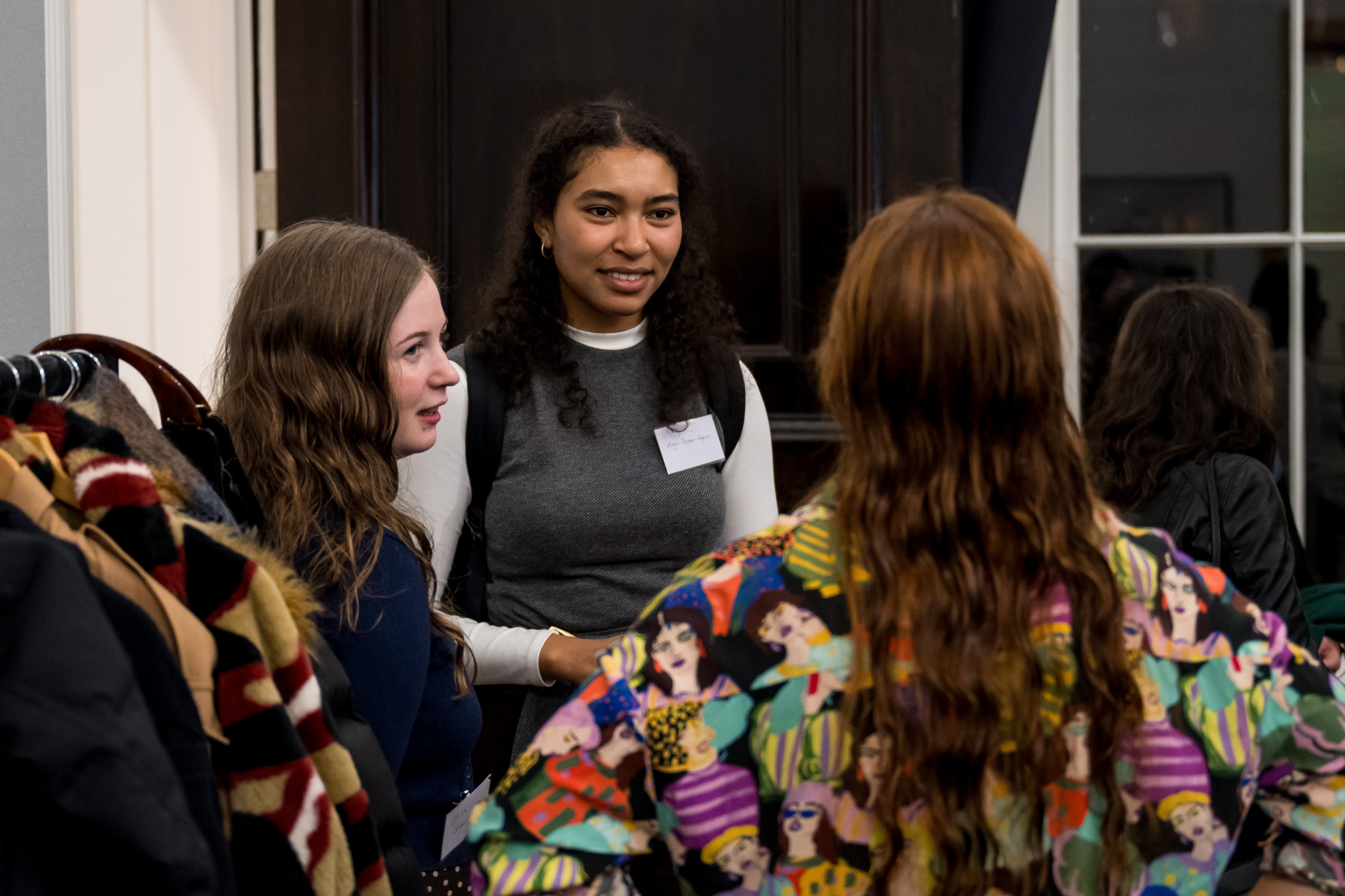We all know that it is important to have strong cybersecurity practices in order to keep our information safe. We might develop strong passwords, have two-factor authentication or not connect to public wifi. However, we should also take into account what we say and do online and offline as it is very easy to accidentally give away some information that could be used by hackers.

Our offline identity is pretty straightforward. It is how we act around other people, what information we tell and to who. For example, your friends might know where you work, where you go to school and where you live.
Very similarly your online identity is what information you share online and where you share it. If you have an account with one of your favourite shops, it is likely that they have your name, your address, your card details and a history of your purchases. In these instances, but more importantly, when browsing less trustworthy websites and talking to people online, it is important not to give out any information that isn’t absolutely necessary.
It is important to keep this information safe because hackers want any of your data they can get their hands on. Roshni tells us “Making your credentials easy to access is similar to giving a thief the keys to access your front door”.
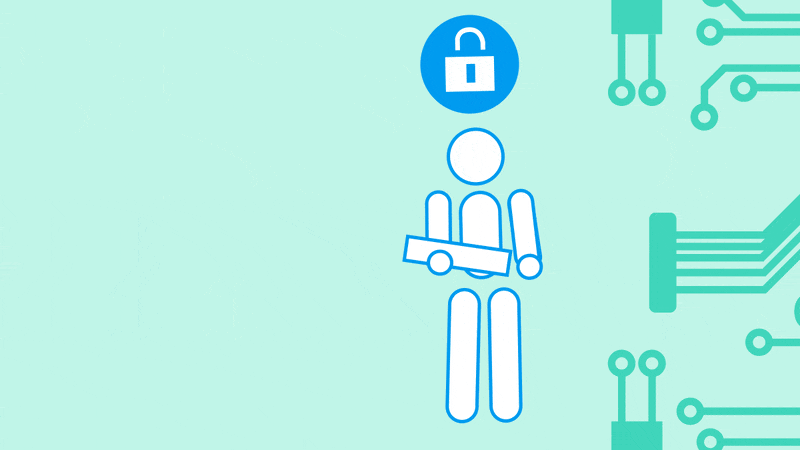
So, Are There Any Steps You Can Take To Keep Yourself Safe?
- Do not share any information that isn’t absolutely necessary.
- Only submit information to trusted websites.
- Think before you send pictures to your friends or post them online, as you never know where they could end up.
- Make sure to lie on your security questions! If it asks for your mothers maiden name or the name of your school, give a false answer that you can remember. If you give true answers you open yourself up to a potential attack.
Thank you to Roshni from Vodafone for joining the Academy stream of Explore to take us through this session.
